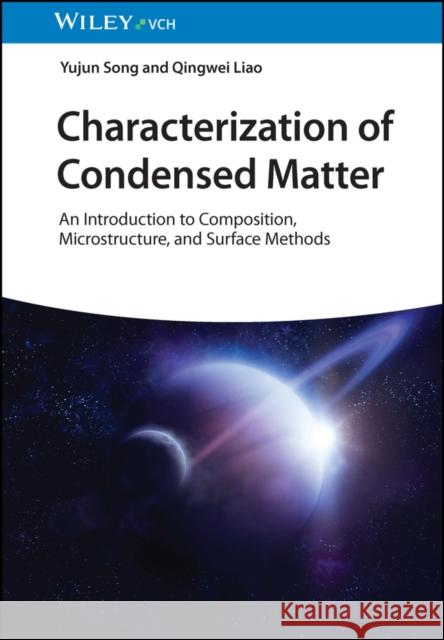Characterization of Condensed Matter: An Introduction to Composition, Microstructure, and Surface Methods » książka
topmenu
Characterization of Condensed Matter: An Introduction to Composition, Microstructure, and Surface Methods
ISBN-13: 9783527351091 / Angielski / Twarda / 2023 / 500 str.
Characterization of Condensed Matter: An Introduction to Composition, Microstructure, and Surface Methods
ISBN-13: 9783527351091 / Angielski / Twarda / 2023 / 500 str.
cena 478,05
(netto: 455,29 VAT: 5%)
Najniższa cena z 30 dni: 476,93
(netto: 455,29 VAT: 5%)
Najniższa cena z 30 dni: 476,93
Termin realizacji zamówienia:
ok. 8-10 dni roboczych.
ok. 8-10 dni roboczych.
Darmowa dostawa!
Kategorie BISAC:
Wydawca:
Wiley-VCH Verlag GmbH
Język:
Angielski
ISBN-13:
9783527351091
Rok wydania:
2023
Ilość stron:
500
Wymiary:
24.4 x 17.0
Oprawa:
Twarda











